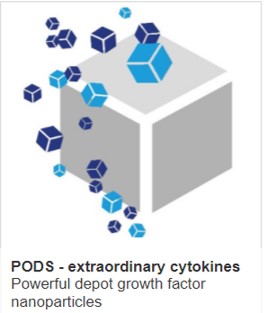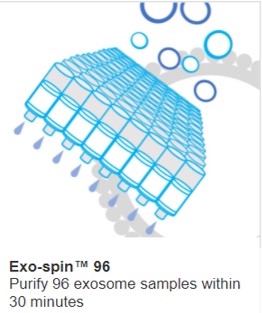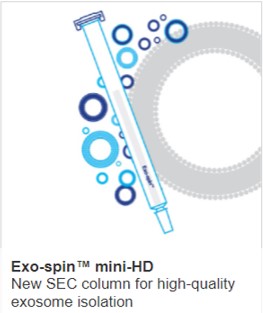Cartilage injury repair by long-acting PODS® growth factors
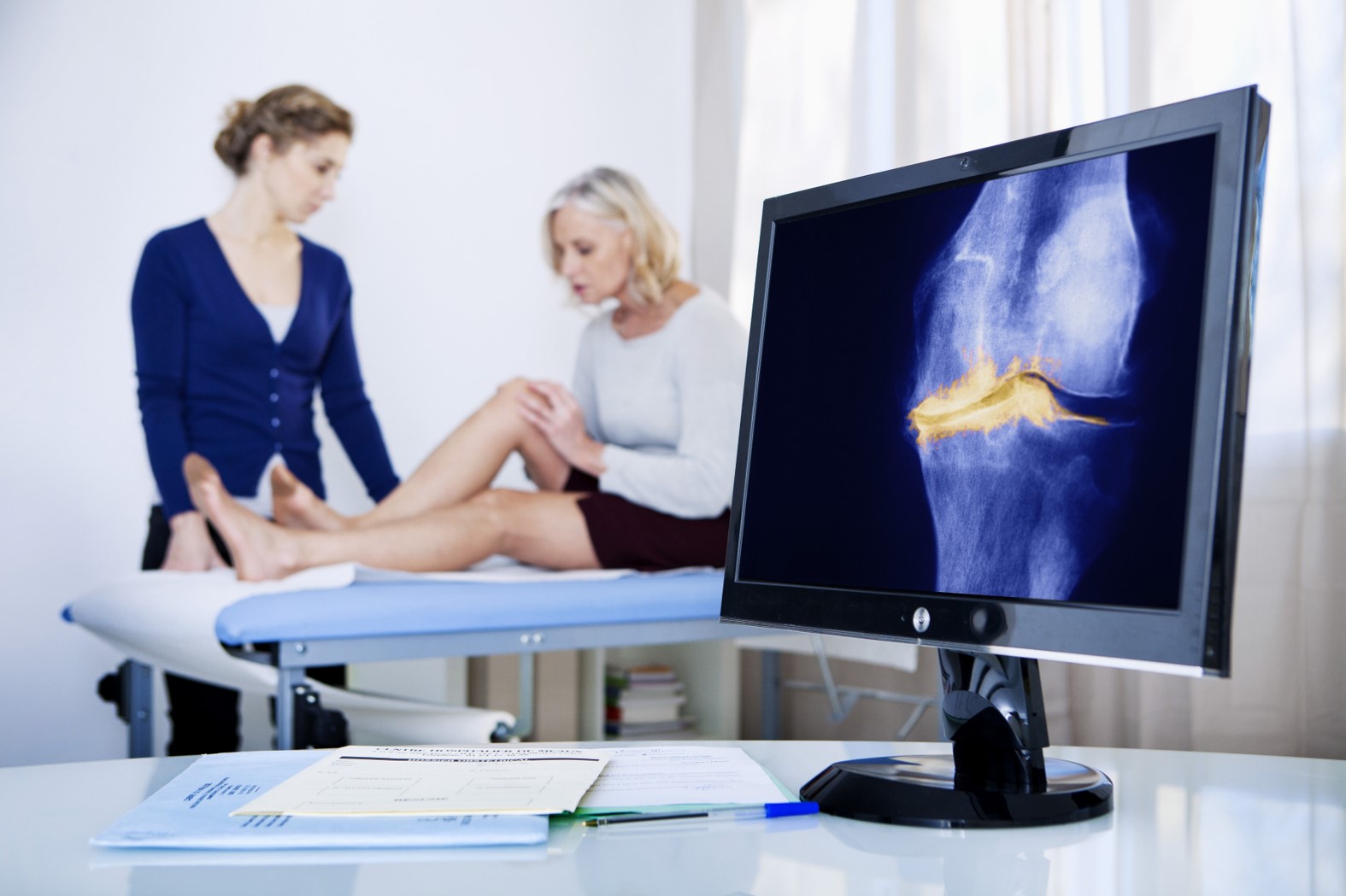
A study reported this week demonstrates a novel approach to delivering protein drugs to joints to repair cartilage defects. This may lead to the development of the first effective drug for osteoarthritis that will be able to delay or possibly remove the need for joint replacement surgery.
Cartilage defects caused by injury or simply wear and tear can cause chronic conditions that affect millions of people. Currently, no effective drug is available that can repair such defects and, in many cases, these defects contribute to the development of severe osteoarthritis requiring joint replacement surgery. Effective treatments to repair cartilage defects could prevent the onset of severe OA and eliminate, or at least delay, the need for surgery.
Growth factors are signaling proteins released by almost all cells and are fundamental to the development and maintenance of tissues and organs. Bone morphogenic proteins (BMPs), a family of growth factors that have bioactivity in a wide variety of tissues (not just in bone). Boosting levels of two of these BMPs, namely BMP-2 and BMP-7, has been shown, in-vitro, to boost the proliferation of chondrocytes suggesting utility in the repair of damaged cartilage.
However, growth factors are short-lived and require repeated administration to be effective. For in-vitro experiments, frequent administration is straightforward. However, therapeutic in-vivo use where administration needs to be localized (e.g. directly into a joint) to prevent systemic side-effects, is difficult. In other words, the challenge with using BMPs to treat cartilage injury is not the efficacy of BMPs per se, but rather developing an effective way to deliver BMPs to their target tissue for long enough for them to be effective.
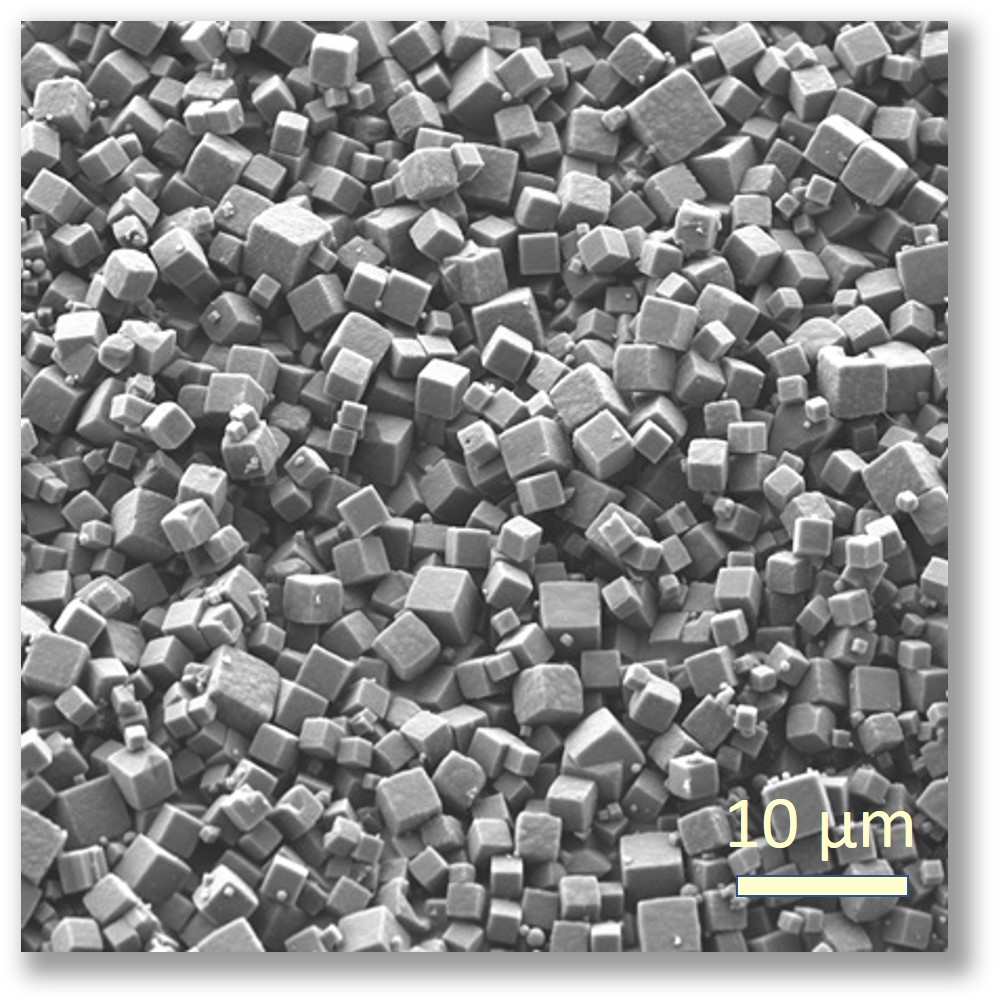
Researchers at Cell Guidance Systems have been developing PODS®, the crystalline proteins shown above, that slowly dissolve providing a constant stream of growth factors (or other proteins) to nearby cells. Cell Guidance Systems collaborated with Cambridge University to investigate the ability of PODS® BMP-2 and PODS® BMP-7 to repair injuries caused to cartilage. Their work, which was supported by a grant from Innovate UK, has recently been published in Osteoarthritis and Cartilage Open.
Initially, the researchers performed in-vitro studies on primary chondrocytes from osteoarthritis patients. The cells were obtained from joints removed during knee replacement surgery. Following a single dose, both PODS® BMP-2 and PODS® BMP-7 generated significantly higher levels of chondrocyte cell proliferation than conventional (ordinary soluble) BMP-2 and BMP-7. This was expected as the PODS® provides a long-term supply of growth factors compared with the very short-lived conventional growth factors.
Subsequently, the researchers examined the same BMP proteins in mice that had small cartilage defects in one of their knees. Again, a single injection of either PODS® or conventional BMP-2 and BMP-7 was given to each defective knee. For both BMP-2 and BMP-7, the PODS® BMPs generated statistically significantly better repair of the defect and clinical outcomes than the conventional BMPs. Importantly, there were no apparent side effects such as inflammation.
These exciting results clearly demonstrated PODS® ability to effectively deliver growth factors to a specific location over a long period of time to generate a robust therapeutic effect. The research further demonstrates the therapeutic potential of PODS® for orthopedic applications which had previously been demonstrated for bone repair. Moreover, a recent paper in BioDesign Research showed the potential of PODS® for monocyte and macrophage-mediated delivery to sites of inflammation and disease.
IMAGE: Bigstock

